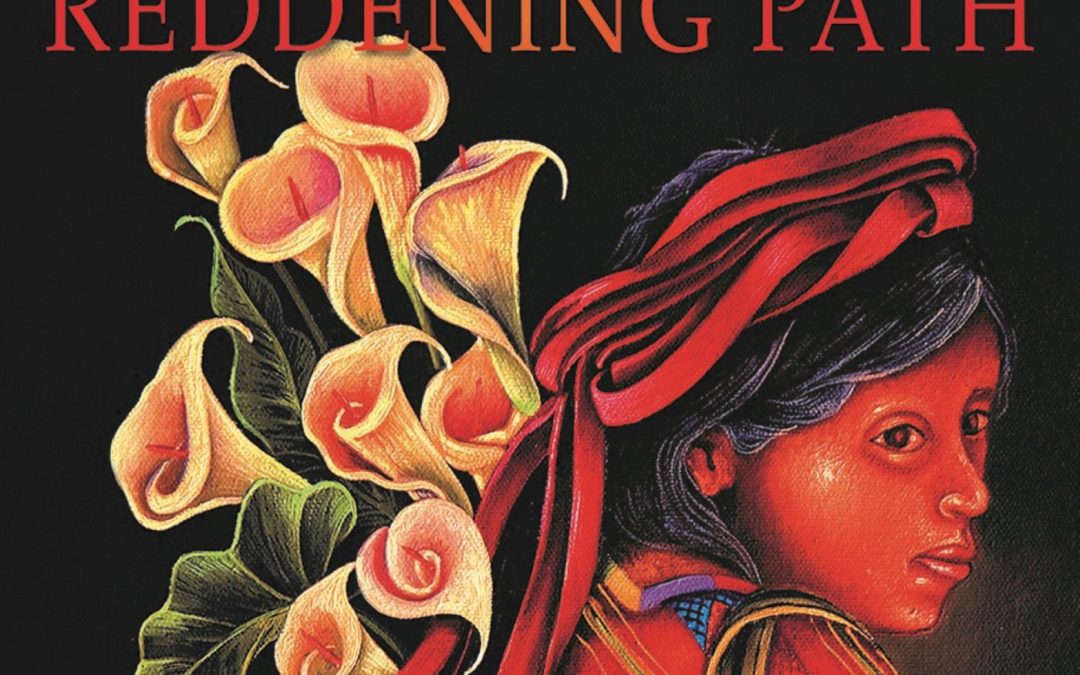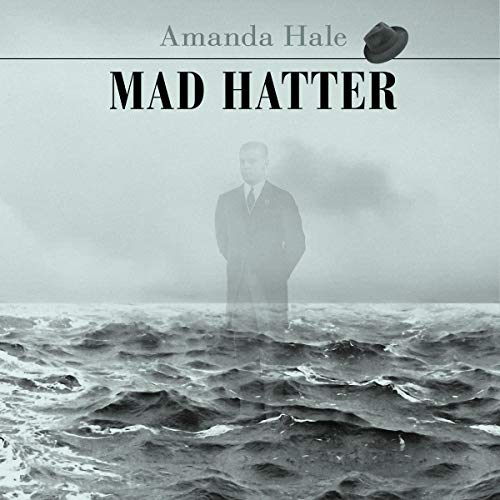Recent posts

The Reddening Path Podcast #6: The Immigrant Experience – Identity, Placement, Culture and Family

The Reddening Path Podcast #5: Catholicism and Language

The Reddening Path Podcast #4: Paméla – on a Primal Quest

The Reddening Path Podcast #3: Writing a Villain

The Reddening Path Podcast #2: Historical Fiction

The Reddening Path Podcast #1: A Revisiting

Mad Hatter Podcast #6: The Subversive Child: her talent of Invisibility

Mad Hatter Podcast #5: Cognitive Dissonance: the Psychology of Christopher Brooke

Mad Hatter Podcast #4: Nameless and Faceless

Mad Hatter Podcast #3: The Armadillo

Mad Hatter Podcast #2: Introduction to Mad Hatter

Mad Hatter Podcast #1: The Making of an Audiobook and the Path to Podcasts

Mad Hatter Blog #11: The Matter of Political Stance
I did not set out to make any judgement or vindication; only to tell the story of a family, and how that family was affected by the father’s political alliance. Guy Aldred wrote the foreword to John Wynn’s book, It Might Have Happened to You. Britain's...

Mad Hatter Blog #10: The Child’s Perspective as Narrator
You return to that earlier time armed with the present, and no matter how dark that world was, you do not leave it unlit. You take your adult self with you. It is not to be a reliving, but a rewitnessing – Michael Ondaatje, ‘Warlight’ This is the epigraph to my new...

Mad Hatter Blog #9: My Life as a Spy
One of the two narrators in Mad Hatter is a child called Katie, who speaks from adulthood, recalling her post-war life. In early childhood she makes a remarkable discovery. I could hear Vera’s voice floating down the corridor as she sang along with Doris Day … ‘With a...

Mad Hatter Blog #8: Latchmere House
In this blog I share an account of my research trip to Latchmere House, a former MI5 headquarters during WW2 where my father was held and interrogated for 3 weeks in the summer of 1940. This piece is based partly on an excerpt from Mad Hatter, which is a fictionalized...

Mad Hatter Blog #7: Researching Mad Hatter
I’d been sitting on this story all my life, too afraid to tell it because, I had told myself, it’s not important, everyone’s got a better story. But the real reason was, it felt too shameful. Wanting to be heard, yet afraid to tell: this dynamic has governed all my...

Mad Hatter Blog #6: Why Mad Hatter?
My father was a hat manufacturer. Not hands-on. He was management, a director of his grandfather’s hat factory, entitled to sit in an office and shuffle papers, take business trips abroad, that sort of thing. But in fact he was a hands-on man. In the early days of my...

Mad Hatter Blog #5: My Francophile Mother
Cynthia Hélène Cynthia Brooke, the central female character in Mad Hatter is based on my own mother, also named Cynthia. She was a Francophile who had been sent to Paris to live with a family and learn French. This period was, I believe, the heyday of her life; ironic...

Mad Hatter Blog #4: Internment in WW2 Britain
The most readily understood wartime internment for North Americans is of the Japanese during WW2. There are films and books on the topic - Snow Falling on Cedars by David Guterson (both book and film), Obasan, a novel by Joy Kogawa. That period of internment is a blot...

Mad Hatter Blog #3: A Writer’s Reaction to The Remains of the Day
In 1993 a film based on Kazuo Ishiguro’s novel - The Remains of the Day - was released, and soon after I saw the film for the first time. That was when I knew very little about my father or his involvement in the British Union of Fascists; and almost nothing about...

Mad Hatter Blog #2: A Novelist’s Quest For Family And Identity
I grew up without a father. I have a photo of a tall handsome man holding me on his shoulder – I must have been one and a half, perhaps two? – but I have no memories of him. And when I was eleven he committed suicide. It meant little to me at the time. Only later, as...

Mad Hatter Blog #1 – Detention without trial in WW2 Britain
GETTING THE WAR STRAIGHT I was born at the tail-end of World War Two, the one that came after The War to End All Wars. 1944/5 were the very worst years in terms of death and atrocities – the March 1944 invasion of Hungary with mass deportation of Hungarian Jews to...


